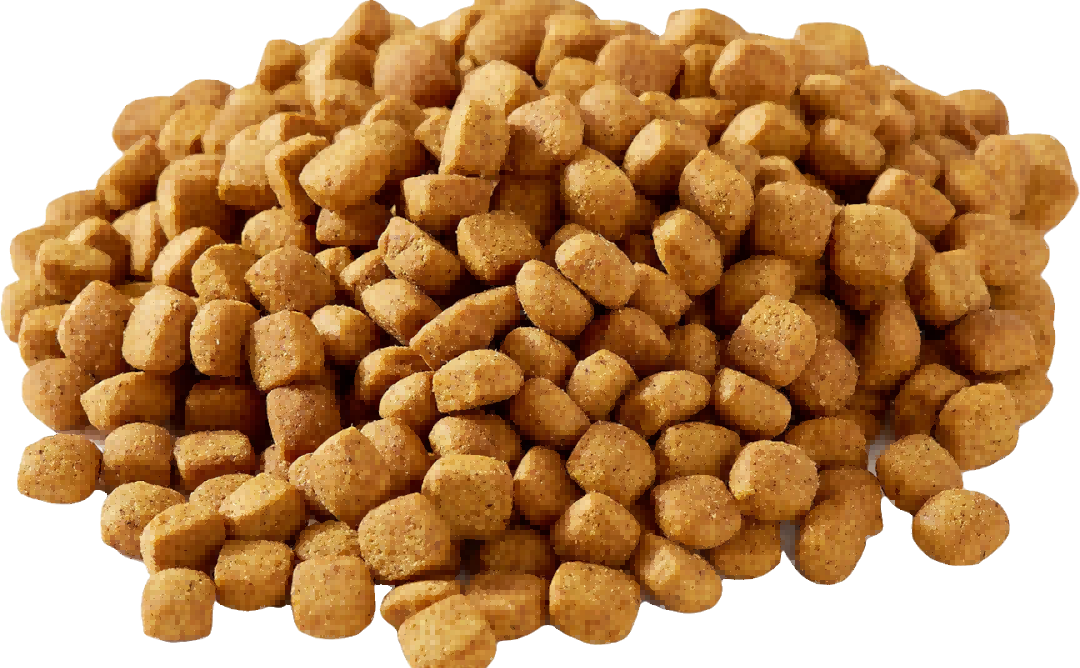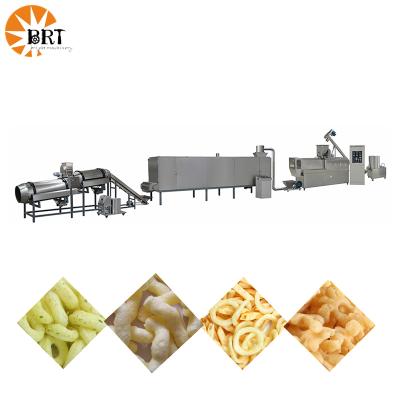Oils and Fats in Pet Food Production
Oils and Fats in Pet Food Production
The oils and fats in pet food provide fat for pets. For pets, fat is an important component of pet body tissues. Fat is found in the skin, bones, muscles, nerves, blood, and internal organs of pets. Most lipids are important components of cell membranes, and lipids are also the raw materials for cell proliferation, renewal, and repair. At the same time, fat is also involved in the synthesis of certain metabolic regulatory substances in cells, such as sex hormones and bile acids. The proportion of fat in pet dogs' bodies is as high as 10-20% of their body weight. When the proportion of fat reaches a certain level, it will increase the palatability of cat food. In order to meet the fat content requirements in pet food, the amount of fat added usually reaches about 10% of the formula.

Pet feed fat-chicken fat
Chicken fat is a very common fat source in pet food, accounting for 10%-20% of total pet food production, and has a better flavor than other fats. Chicken fat comes from several different sources: refined, refined-refined, low-temperature blanched, etc. This results in differences in quality, consistency, and cost, as well as small differences in secondary nutrients (such as carotenoids), palatability, and stability. Chicken fat contains fatty acids, proteins, fat-soluble vitamins, sterols, and other components. The fatty acid composition is one of the important indicators for evaluating the nutritional value of chicken fat, and is also an important chemical component that affects its flavor.

Pet food oil-fish oil
Fish oils are the most popular source of animal fats after beef, animal and poultry fats, and if pet food trends align with pet parents’ trends, fish oils may be seen as an increasingly popular ingredient for those concerned about their pet’s health in the coming years. In the process of considering oils and fats as healthy ingredients, more and more formulators are choosing oils and fats rich in omega 3 and omega 6 fatty acids. Fish oils are often seen as an important source of these key nutrients. Various fish oils have been highlighted in pet food for their functions, mainly for skin and coat health, as well as for their anti-inflammatory and heart-healthy effects.


